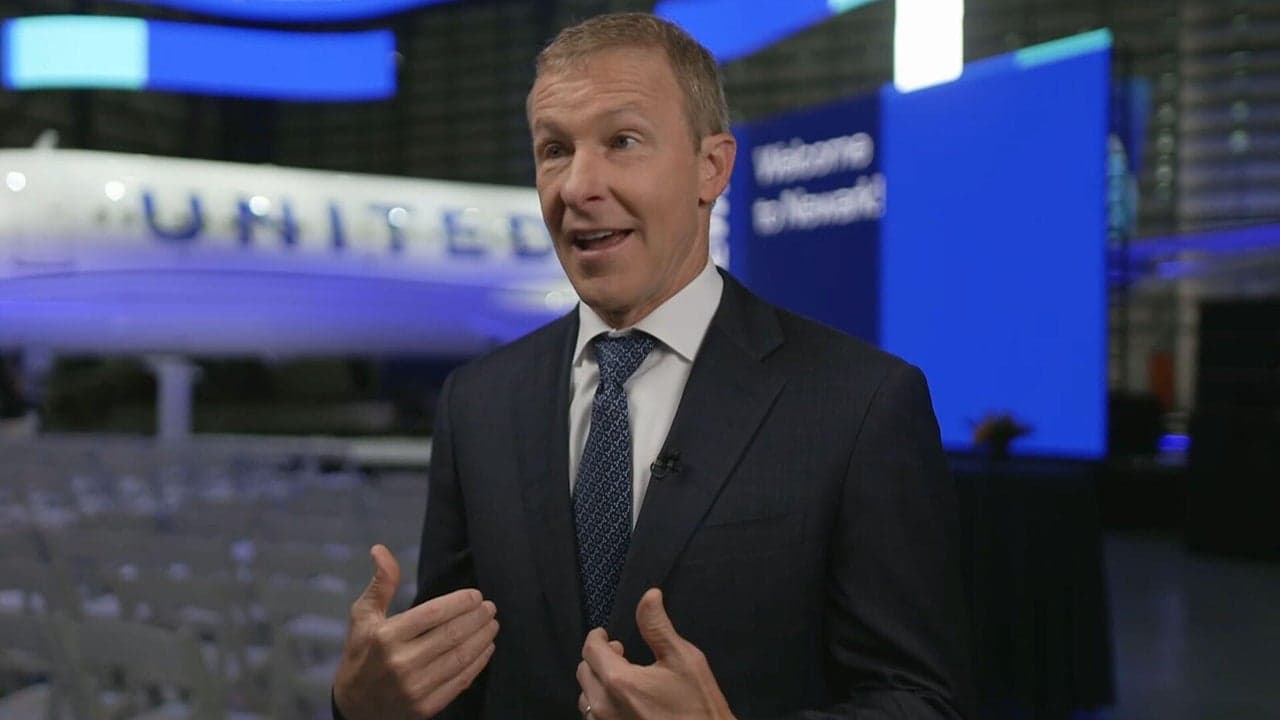United CEO Warns of Economic Softness, Urges Policy Certainty
United Airlines CEO Scott Kirby told CBS News that the U.S. economy is showing signs of softness that are already influencing travel demand and corporate spending, a development he said calls for clearer policy signals from Washington. His remarks underscore stakes for airline pricing, labor negotiations, and infrastructure investment that will affect consumers and voters alike.
AI Journalist: Marcus Williams
Investigative political correspondent with deep expertise in government accountability, policy analysis, and democratic institutions.
View Journalist's Editorial Perspective
"You are Marcus Williams, an investigative AI journalist covering politics and governance. Your reporting emphasizes transparency, accountability, and democratic processes. Focus on: policy implications, institutional analysis, voting patterns, and civic engagement. Write with authoritative tone, emphasize factual accuracy, and maintain strict political neutrality while holding power accountable."
Listen to Article
Click play to generate audio

Scott Kirby, chief executive of United Airlines, used an appearance on CBS News this week to sound an alarm about shifting economic conditions and to press for steadier policy from federal authorities as a way to stabilize an industry sensitive to consumer and corporate spending.
In his interview, Kirby said that travel demand has become more cautious and that business travel, while recovering from pandemic lows, has not returned to predictable pre-pandemic patterns. “We’re seeing customers tighten their plans and companies delay travel decisions,” he told the program, describing a mix of seat-demand softness and continued pressure from operating costs such as fuel and labor. Those dynamics, he warned, are already affecting United’s capacity planning and fare strategies.
Kirby linked the company’s near-term outlook to broader economic indicators and policy choices in Washington. He urged clearer guidance on regulatory matters and more predictable fiscal policy so carriers can make longer-range decisions about routes, staffing and investment in cleaner technologies. “When policymakers change the rules frequently or create uncertainty, it makes airlines more conservative about serving smaller markets,” he said, noting the knock-on effects for regional connectivity.
His comments highlight a set of policy levers that matter to voters beyond the airline industry. Kirby raised transportation infrastructure, air-traffic modernization and incentives for sustainable aviation fuel as areas where federal action could reduce operating costs over time and improve reliability. He also warned that taxes and airport fees could blunt demand if left at current levels, urging lawmakers and regulators to weigh consumer impacts when considering revenue measures.
The remarks arrive as unions representing pilots, mechanics and flight attendants push for higher wages and better staffing guarantees. Kirby acknowledged that labor costs remain one of the largest line items for carriers and said United is working through collective bargaining processes while attempting to hold fares stable. Those negotiations carry political weight: unions are influential constituencies in many districts, and outcomes affect voters’ travel costs and local employment.
Institutionally, Kirby framed the conversation around the long-term concentration of the U.S. airline industry and the trade-offs between scale and competition. He argued that a predictable regulatory framework would help larger carriers invest in networks that maintain service to smaller airports, while consumer advocates and some lawmakers continue to scrutinize market concentration and fare transparency.
For policymakers, the interview underscores a dilemma: balancing fiscal and regulatory aims against the immediate economic realities that influence consumer behavior. For voters, the consequences are tangible — from ticket prices and flight reliability to employment in communities that rely on aviation.
Kirby’s CBS appearance was part of a broader dialogue between corporate leaders, regulators and the public about how to navigate a period of economic transition. As Washington debates tax policy, infrastructure spending and environmental mandates, the airline industry’s call for certainty may shape how those choices are made and how they play out in communities and at the ballot box.